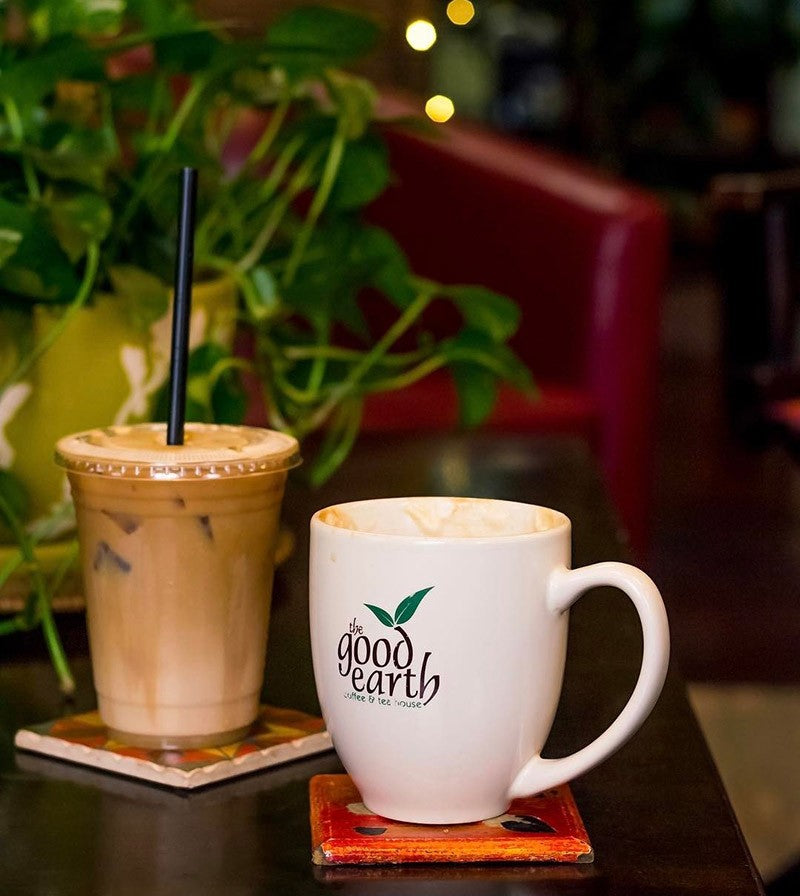Hot Coffee, Cold Coffee: How Does Temperature Affect Taste?
From Lawrence Bullock
Biologists have only recently started understanding how and why temperature affects the taste of food and beverages. No research has been conducted specifically regarding coffee. But there are three main theories; the first holds that lukewarm coffee tastes bad because cavemen didn’t have refrigerators.
Karel Talavera of the Laboratory of Ion Channel Research in Cuba has studied the way that taste receptors inside our taste buds respond to molecules at different temperatures. He and his colleagues found that certain taste receptors are most sensitive to food molecules in the 20 to 35 degree Celsius (68 to 95 degree Fahrenheit) range — in other words, molecules at or just above room temperature. The taste receptors in question don’t always register molecules much hotter or colder than this range, so we don’t taste them.
“This is still an obscure phenomenon that we cannot explain, but that could fit to the fact that taste perception does decrease above a certain temperature,” Talavera says. In short, hot coffee (around 170 degrees F) may seem less bitter than room-temperature coffee (73 degree F) because our bitter taste receptors aren’t as sensitive to bitter molecules in the coffee when those molecules are hot.
According to Talavera, our sensory systems tend to be designed by evolution to perform most effectively at the temperatures we are typically exposed to. “Our ancestors did not eat food at extreme temperatures,” he said. Their meals consisted of mostly foraged berries and freshly hunted meat in the 20 to 37 degree Celsius range — almost exactly the window in which our taste buds are most sensitive. Because piping hot or ice-cold coffee falls outside this realm of maximum taste, our taste buds don’t sense the drink’s true bitterness.
However, the temperature-dependence effect observed by Talavera and colleagues is more pronounced for sweet taste receptors than bitter ones, and so it may not be the only factor at work. Some researchers think tepid coffee’s bitterness has more to do with smell than taste. “Odors influence coffee flavor very strongly, and it is easy to go from sublime to horrible,” Paul Breslin, an experimental psychologist who studies taste perception at Rutgers University, wrote in an email. Even very bitter coffee, such as espresso, tastes great when hot because of its pleasant aroma, he pointed out.
According to Barry Green, a taste perception scientist at Yale University, hot coffee releases more aromatic compounds than room-temperature coffee, so it has a greater chance of impacting taste. He also said that milk, coffee’s frequent companion, tastes worse at room temperature, and a combination of these factors probably explains the nearly universal opinion that lukewarm coffee leaves something to be desired.
One last theory holds that hot coffee’s heat could be distracting us from its strong flavor. As Breslin put it, “It is possible that an attentional mechanism is at work. You do not think about how bitter or sweet [coffee] is when it is hot or cold. Hot coffee may force you to think about temperature, which is a bit of a distraction from its bitterness.”
None of the researchers profess to fully understand coffee’s temperature-dependent deliciousness, but it seems to be at least slightly, only a matter of opinion.
Below: A photo featuring both hot coffee and cold coffee from one of our cafes, The Good Earth Coffee and Tea House in Oroville, California!




